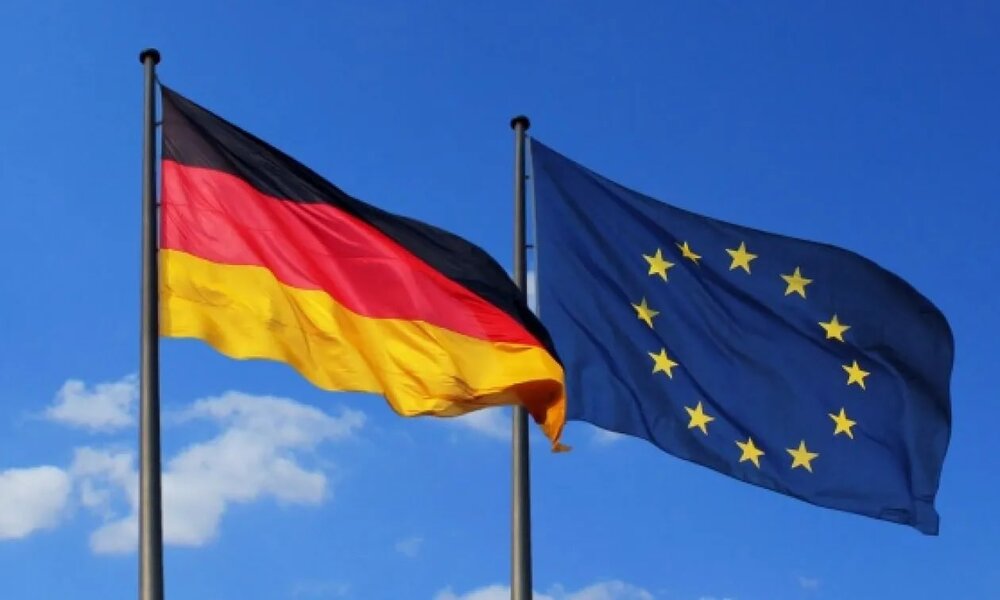By Mehran Shamsuddin

TEHRAN – With Germany pushing for new sanctions on Iran, talks in Vienna over reviving the tattered 2015 Iran deal are now coming up against new hurdles. Germany may inadvertently spell the death of these talks through ill-advised action.
The Vienna talks over resuscitating the 2015 Iran nuclear deal, officially known as the Joint Comprehensive Plan of Action (JCPOA), have once again come to the fore after Germany voiced willingness to work with the European Union to designate the Islamic Revolution Guards Corps (IRGC).
German Foreign Minister Annalena Baerbock said Sunday that Berlin and Brussels are mulling whether to designate the IRGC amid a barrage of German statements criticizing Iran for dealing with weeks-long unrest in the wake of the death of Mahsa Amini.
Baerbock told ARD broadcaster that “I made it clear last week that we will launch another package of sanctions, that we will examine how we can also list the Revolutionary Guards as a terrorist organization.”
The remarks came a few days after the German foreign minister put out a statement vowing a resetting of relations with Iran. “There can be no ‘business as usual’ in our bilateral relations with a state that treats the lives of its own citizens with such contempt,” she said in the statement.
She added, “The last few weeks have been used for intensive efforts to critically review the few remaining instruments in the area of trade and finance, including with regard to business relations that still exist with Iranian banks. Where bilateral dialogue is still taking place, for example in the area of economy and energy, we will suspend this. The same goes for German cultural institutions and teachers working in Iran – we will be significantly reducing their presence.”
Germany taking the lead on designating the IRGC will further complicate the Vienna talks as the IRGC designation by the U.S. has been one of the thorniest issues over the course of the nuclear talks. It impeded the promised economic benefits envisioned in the JCPOA for Iran. During the talks, the EU put forth a proposal aimed at circumventing the U.S. designation of the IRGC. But the proposal is yet to be agreed upon by both sides. In a sense, it is expected that the issue will be worked out sometime around the end of November, or maybe later.
While the Vienna talks remain at a standstill for a number of reasons, the EU sanctions on the IRGC would add another horrendous obstacle to reviving the JCPOA, if not spelling the end of the JCPOA.
Aside from the complications such a move would produce for the talks, Iran will almost undoubtedly take reciprocal moves as it considers the IRGC an official institution. In his Monday presser, Iranian Foreign Ministry spokesman Nasser Kanaani hinted at that, saying that designating the IRGC as a terrorist organization is illegal.
“Statements by Germany’s officials about the decision to impose sanctions on the IRGC are in continuation of these [European] countries’ irresponsible actions in relation to the Islamic Republic of Iran and emanate from their wrong approach to the Iranian nation and government,” Kanaani said.
He added, “The IRGC is an official military organization of Iran and such a move is illegal. We hope that the German government and other states take note of their unconstructive measures and refrain from sacrificing their bilateral interests for transient political interests and emotional decisions.”

No comments:
Post a Comment